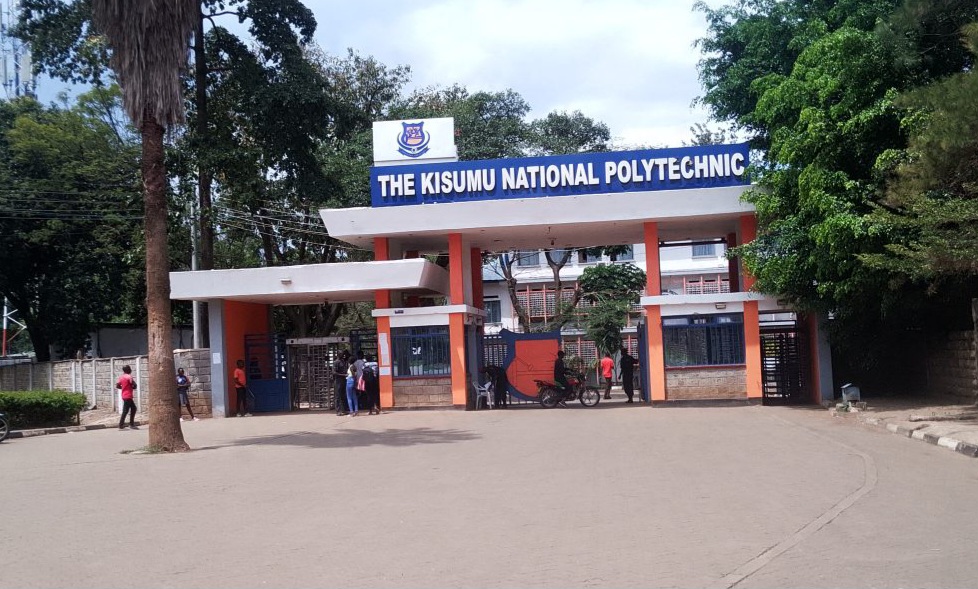
 Kisumu National Polytechnic main entrance. /CHRIS MAHANDARA/KNA
Kisumu National Polytechnic main entrance. /CHRIS MAHANDARA/KNAKisumu National Polytechnic is set to reopen next week, nearly a month after it was closed following a week of violent student protests.
The phased reopening, scheduled to begin on Monday, October 27, will initially allow only candidates preparing for examinations back to class, according to officials from the Ministry of Education’s Technical and Vocational Education and Training (TVET) Directorate.
Speaking at the institution on Friday after a consultative meeting with administrators and student leaders, TVET Directorate representative Maryan Hassan said the remaining students would be recalled once stability is fully restored and pending issues resolved.
“The reopening will be gradual. We want learning to resume in a controlled manner as investigations into the students’ grievances continue,” she said.
The meeting, chaired by Kisumu County Commissioner Benson Leparmorijo, also reaffirmed Chief Principal Catherine Kelonye’s leadership, dispelling speculation over her removal — one of the students’ main demands.
Hassan dismissed claims that the institution had increased fees, noting that a review of the school’s financial records showed no changes to the approved structure.
She added that while certain levies existed, they were sanctioned through government channels and applied across all national polytechnics, not Kisumu alone.
Leparmorijo urged students to pursue dialogue instead of confrontation, warning that destruction of property during protests amounts to a criminal act.
“The right to protest does not extend to vandalism. We encourage peaceful engagement as the best way to resolve issues,” he said.
The polytechnic was closed indefinitely last month after days of unrest in which students blocked roads and clashed with police, accusing the administration of raising fees without consultation.
The administration later dismissed the allegations as misguided and exaggerated.
The incident adds to a growing list of campus disruptions linked to communication breakdowns between students and management in recent years.
Education analysts have attributed such unrest to weak dialogue structures in institutions and rising economic pressures on learners and their families.
With the partial reopening now confirmed, attention turns to whether renewed dialogue will rebuild trust and whether Kisumu Polytechnic can restore calm without triggering fresh confrontations.













